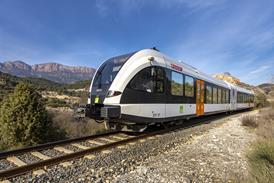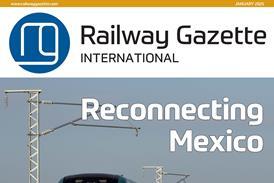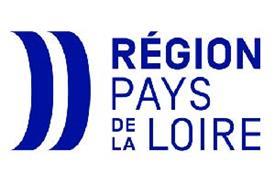INTRO: Axel Dumann* reports on German legal changes that include transfer of responsibility for path allocation from EBA to the telecommunications regulator
ON MARCH 16 the Bundestag passed extensive changes to Germany’s railway legislation, transposing three EU directives dating from 2001 into national law.
The Third Law for the Amendment of Rail Transport Regulations further liberalises rail transport and paves the way for more competition. Continuing the reform process begun in 1994, the amending law establishes legal certainty for domestic and international infrastructure users by ensuring that decisions about access to and use of the infrastructure are subject to legal review and greater transparency in the separation of infrastructure and operations.
The law defines precisely who has a right of access to infrastructure. An obligation to allocate paths now applies to all infrastructure managers in Germany, although the law provides an exemption for stand-alone local and regional passenger networks.
It also defines the extent to which railway infrastructure can be used and sets out the requirements for infrastructure managers to provide paths, train protection and safety systems and certain mandatory services. Charging for the use of infrastructure is also covered. A non-discrimination clause prohibits unequal treatment of applicants unless circumstances justify differentiation, and access agreements between applicants and infrastructure managers are subject to certain mandatory conditions. The law permits framework agreements for the use of infrastructure but requires permission from the regulator if the agreement is for more than five years. Express provisions require operators to publish details of connecting trains run by all operators in their public timetables.
Administration of capacity allocation is now the duty of the regulatory authority for telecommunications and postal services whereas it was previously the responsibility of the Federal Railway Office (EBA). The regulatory body is now in charge of monitoring the observance of access regulations, and this includes drawing up the working timetable, the allocation of train paths and access to service facilities. The authority also monitors the conditions of use, charging principles and the chargeable amounts.
The regulatory body also monitors the amendment or modification of network statements and any demands for charges exceeding those defined in the statement. Decisions by the regulatory authority are binding for the infrastructure manager.
The law sets new standards for the annual reports of public and private rail undertakings, with a requirement to keep separate accounts for transport services and the management of infrastructure. The law prohibits recipients of public monies from using operating subsidies for railway infrastructure and vice versa. Also, funds granted for passenger transport must not be reassigned to freight.
Participation in German rail transport no longer requires a domestic licence if a company holds a licence from another EU member state or a country in the European Economic Area. This applies to the supply of rail services, participation in the operation of a railway by owners of rolling stock and to the management of infrastructure.
BYLINE: * Axel Dumann is a lawyer specialising in rail transport in Germany www.htdberlin.de




















